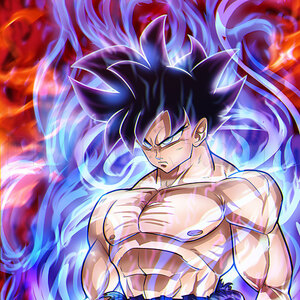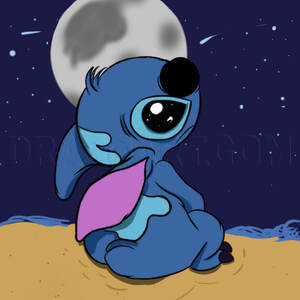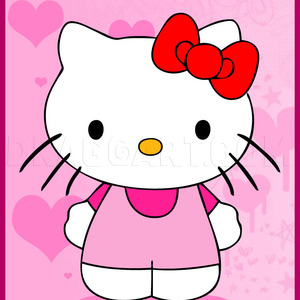1
Start out with a light and basic sketch of the wyvern's body using an HB pencil. Keep the guidelines as clean and simple as possible.
6
Start adding the next layer of detailed lines from left to right. Make the lines darker and more defined without adding too much pressure; try to produce darker lines without making them permanent and un-erasable.
9
Add a layer of base shading to the entire drawing. There are many ways to go about adding this base layer, the quickest and most effective involves using powdered graphite. Sprinkle a pinch or two of powdered graphite onto the paper and blend it in w
10
Preemptively erase around the edges of the head before adding rough shading. Lightly shade in in the head using 2B or any soft graphite.
11
Add rough shading to the neck. Try not to get too engrossed with the details. The main goal here is to add a layer of shading that will be built upon later.
12
Switch to a sharpened HB pencil and add detailed shading to the head and neck. Don't worry about adding the most minute details, just concentrate on defining the main outlines, shadows, and forms.
13
Add rough shading to the wing using a 2B pencil. Pattens can be added to the wings to make them more interesting. Let your imagination go wild here.
14
Add rough shading to the cliff. Keep in mind that it will take many layers of shading with a 2B pencil to make the rocks as dark as they are in the finished drawing.
15
Start defining the wing and cliff shading. Use a 2B pencil to define the cliff and an HB pencil to define the wing.
19
Start adding a final layer of extra details using 2B and 4H pencils. Use a sharpened 2B pencil to define the dark shading and outlines on the wyvern as well as the cliff. Use a 4H pencil or any hard pencil, to refine or add any small details to the w
Comments 0
Details
May 12, 2014
Description: How to draw a wyvern, or four-limbed dragon. Graphite used: HB for sketching and general shading, 2B for dark shading, 4H for light details/shading, and powdered graphite for base shading. Paper used: 2-ply Bristol Plate (Extra Smooth).




















































































